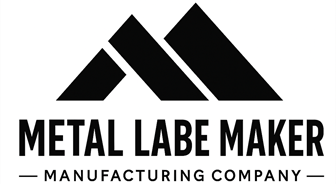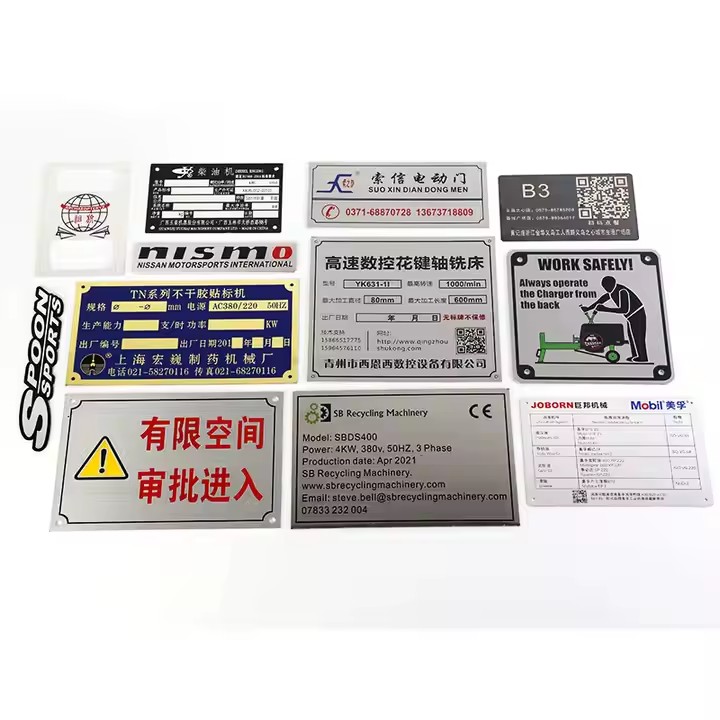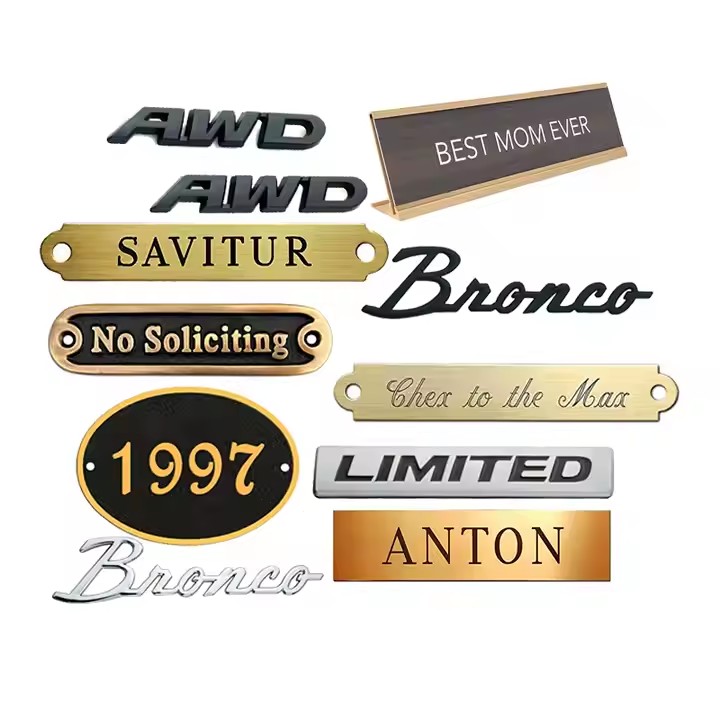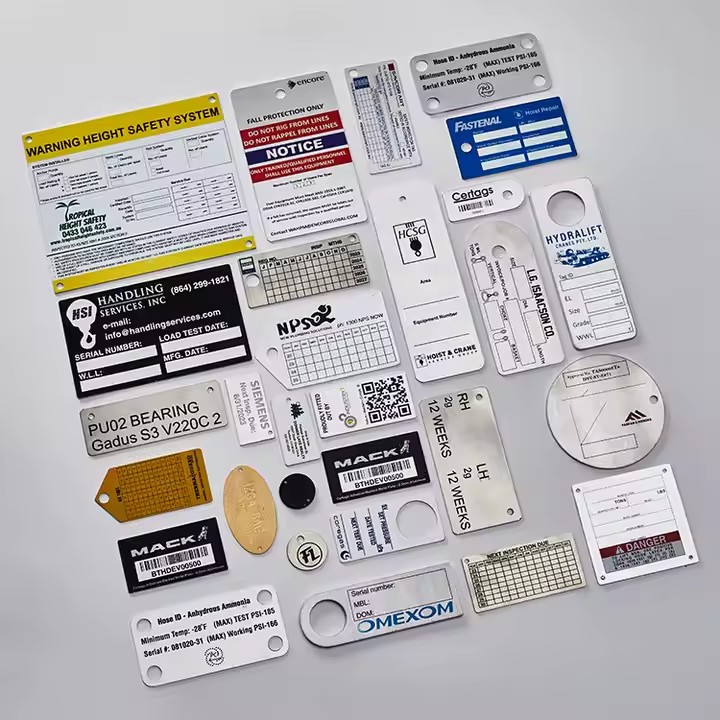What Are Metal Plant Labels? Definition and Advantages Explained
Introduction
Metal plant labels are durable tags used to identify plants in gardens, nurseries, and landscaping projects. Made from sturdy metals like aluminum, stainless steel, or brass, these labels provide long-lasting identification solutions that can withstand outdoor environments.
Definition of Metal Plant Labels
Metal plant labels are typically small, flat, or shaped tags made from metal sheets. They can be engraved, embossed, or printed with plant names, care instructions, or other relevant information. These labels are designed to resist weather, fading, and physical wear, making them suitable for long-term use in various horticultural settings.
Common Materials Used
-
Aluminum: Lightweight and corrosion-resistant, perfect for outdoor use.
-
Stainless Steel: Highly durable and rust-proof, ideal for harsh environments.
-
Brass: Offers an attractive finish and good resistance to corrosion.
Advantages of Metal Plant Labels
-
Durability: Metal labels last significantly longer than plastic or wooden tags, resisting weather damage, UV exposure, and moisture.
-
Reusability: Many metal labels can be cleaned and reused for different plants, saving cost over time.
-
Clarity: Engraved or embossed text remains legible for years without fading.
-
Environmental Resistance: Metal plant labels can withstand extreme temperatures, rain, and sun without deteriorating.
-
Aesthetic Appeal: Metal labels add a professional and elegant look to gardens and nurseries.
Applications
Metal plant labels are used by gardeners, horticulturists, landscapers, and nurseries for plant identification, research, and inventory management.
Conclusion
Metal plant labels offer a reliable, long-lasting solution for plant identification, combining durability with clear labeling and aesthetic appeal. Choosing the right metal and finish can ensure your labels perform well in various outdoor conditions and help maintain an organized, professional plant display.







